After the big bo unce of pandemic,how will New Zealand economy brave winds and waves?
- November 30, 2022
- Posted by: admin
- Category: News
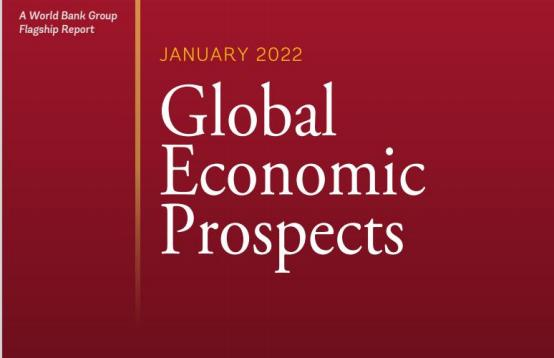
According to the World Bank’s Global Economic Prospects released in June 2022, after a strong rebound in 2021, global growth is entering a period of significant slowdown due to new challenges posed by variants of the novel coronavirus and the knock-on effects of rising inflation, debt and income inequality. Global growth is forecast to fall from 5.5% in 2021 to 4.1% in 2022 and further to 3.2% in 2023. Growth in East Asia and the Pacific is expected to slow to 5.1% in 2022, the report said.

In the first half of 2021, China’s property and financial markets were hit by a series of fiscal policies aimed at stabilizing economic activity, with regulations tightening faster than expected. East Asia and the Pacific, excluding China, is recovering strongly, with economic activity picking up as social distancing measures are relaxed, and vaccination accelerated. New Zealand is also one of them.
1. New Zealand drops mask in sweeping Covid changes


From 11:59pm on September 12, all mask wearing requirements will be lifted in New Zealand, except for health care and aged care facilities, and some special workplace and event wearing requirements will be decided on their own. At the same time, New Zealand respects people who choose to continue wearing masks as a form of protection.
Affected by this measure, travelers entering New Zealand after this period will not need to apply for travel declaration, which means that the procedures for entering New Zealand will be more simplified, and you will have more opportunities to feel the peace and beauty of New Zealand.
2. New Zealand tourism - arrivals increase
New Zealand data shows overseas visitor arrivals increased in September 2022, but were still lower than the pre-COVID-19 September figures. The number of overseas passenger arrivals in September 2022 was 151,300, up from 129,800 in August 2022.

Although overseas visitors from Australia continued to dominate, there was an increase in visitors from other countries as border restrictions were gradually relaxed from March 2022.
Of the 151,300 overseas visitors in September 2022:
70% from Australia (51% in September 2019)
5% from the US (6% in September 2019)
4% from the UK (up from 3% in September 2019)
2% from Singapore (2% in September 2019)
3. Release of positive signals - flight circuit breaker is cancelled and home quarantined Is shortened by 5+3 Days
On November 11, the National Health Commission of China issued a Notice on optimizing the COVID-19 response, announcing 20 prevention and control measures. This includes scrapping the circuit breaker mechanism for inbound flights and changing the “7 days quarantine plus 3 days home health monitoring” to “5 days quarantine plus 3 days home quarantine”.
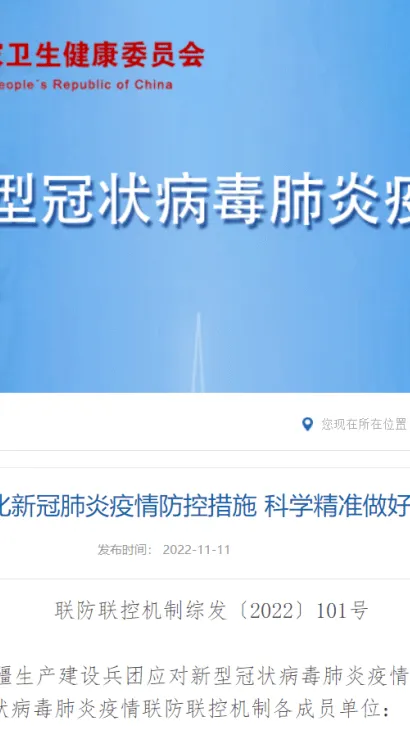

The period of quarantine has been greatly shortened, which will make it easier for people to visit their families and travel abroad.
New Zealand, with its natural simple humanities environment, as well as loose clean business environment, favored by overseas tourists and investors.
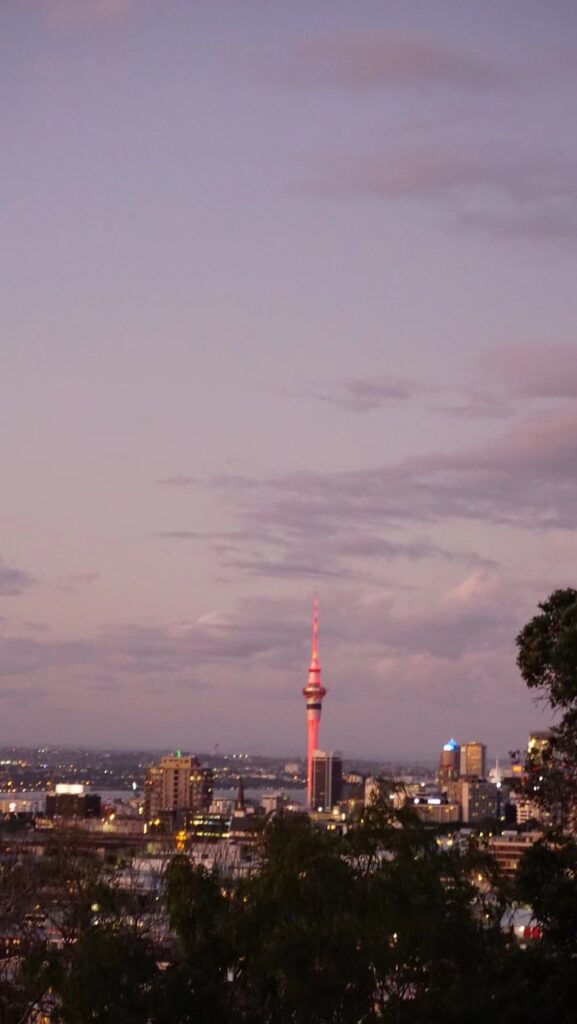

4. New Zealand ranks first in the 2022 Sustainable Trade Index
The Sustainable Trade Index, launched in Singapore overnight by the Hinrich Foundation and the International Institute for Management Development, ranks New Zealand first of 30 economies that undertake international trade in a manner that supports long-term global sustainable development.
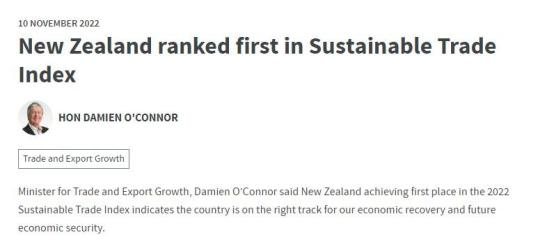
Damien O’Connor, Minister for Trade and Export Growth, said New Zealand’s ranking at number one in the 2022 Sustainable Trade Index indicates the country is on the right track for our economic recovery and future economic security. New Zealand is out in front thanks to our commitment to rules-based and liberal international trade, high quality environmental regulation and high levels of social cohesion.
5. Labour force participation rate rose
According to Statistics New Zealand, the labor force participation rate rose to 71.7 percent and the employment rate rose to 69.3 percent. It was the highest since the Household Labor Force Survey (HLFS) began in 1986.
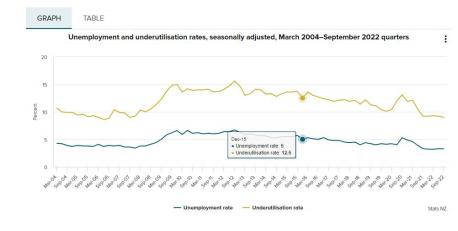
6. More people feel secure in their job
Feelings of job security rose in the September 2022 quarter, with 52.8 per cent of employed people – who were able to assess their job security – saying there was almost no chance they’d involuntarily lose their job or business in the next 12 months.
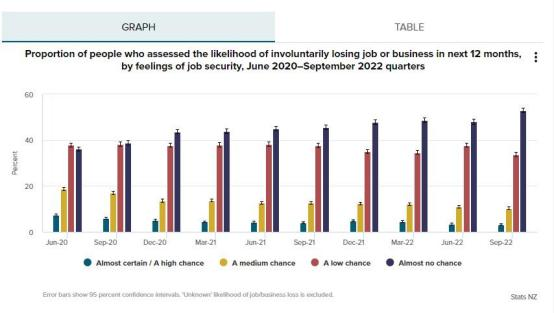
7.A new way of flexible working-hybrid working from home
In the post-pandemic era, remote working is a growing trend that can not only provide companies with significant cost savings but may also increase productivity. The Global Study surveyed 28, 000 people, 1,026 of whom were in New Zealand, and showed that businesses benefited from higher employee productivity as a result of mixed work, 61.3% of New Zealand respondents in the survey felt that the quality of their work had improved, and other benefits.
Caring for employees’ financial health and overall well-being is important in the current economic climate, and one way to do that is by giving trust and freedom. This is what New Zealand businesses have been focusing on.
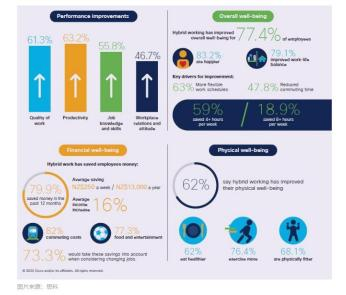
Employees can flexibly choose to work from home on several days a week, which also saves employees’ commuting time and living costs to some extent. In addition, for employers with recruitment needs, New Zealand local online job sites the SEEK job advertisements added “work from home” option in order to attract the remote applicants. Employers can also have more options to match business needs.
Newland REIT
Now, in the face of the global economic slowdown, although New Zealand’s unemployment rate remains at a record low and the sense of job security has increased, it is important to plan ahead and seek opportunities to add more value in order to make our lives better fit for the future.
As the saying goes: cash is king, how to target the direction of the sail, make the best use of things need to be carefully thought out. People often ask if I had a disposable sum of money and wanted to get more value. Is it a good idea to get into the stock market or even a time deposit to earn some interest in a pandemic? The answer is simply that the money can be used as a quick way to access capital. However, there are many types of investment, and investment needs to be cautious. Newland Investment advisor recommends that you combine your own situation and consult professionals for investment planning when necessary, and eventually break the “epidemic”.
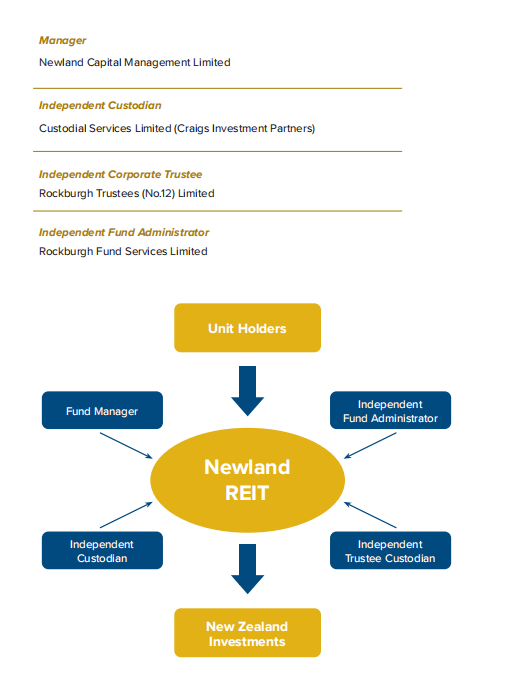
In recent years, more and more people have begun to have advanced financial planning awareness, hoping to provide themselves with more “security” while maintaining the stability of their existing life in the post-epidemic era. Based in New Zealand, with its unique geographical advantages and experienced professional team, Newland Capital has developed a boutique – “Newland REIT”, with an annual return of 8% (Benchmark OCR+4%) before tax and after fees; monthly dividend.
About Newland REIT
- 1. Newland REIT’s product is a real estate mortgage loan with a loan ratio of 60% of the collateral, and the underlying asset is real estate. At present, the real estate market in New Zealand is at a low level, the valuation of collateral has fallen sharply, and it is virtually risk-free to borrow 60 per cent of the collateral.
2. Newland REIT adopts the Unit Trust legal structure, in which an independent third-party custody investors’ funds and supervises fund managers to invest the funds.
3. Newland REIT annualized yield (8% Benchmark OCR+4%), greater than the New Zealand inflation rate, is true earnings, rather than a positive yield, but less than the CPI positive nominal return, real negative return.。
The economy is slowing down, but we can’t afford to lie flat and let ourselves sink into the trough, stagnation. We should seize the opportunity, target our own market entry opportunities in New Zealand, invest reasonably, and brave winds and waves.
免责声明:本文仅限于作者对市场之观察,并不构成投资建议。投资细节请联系公司客服。
